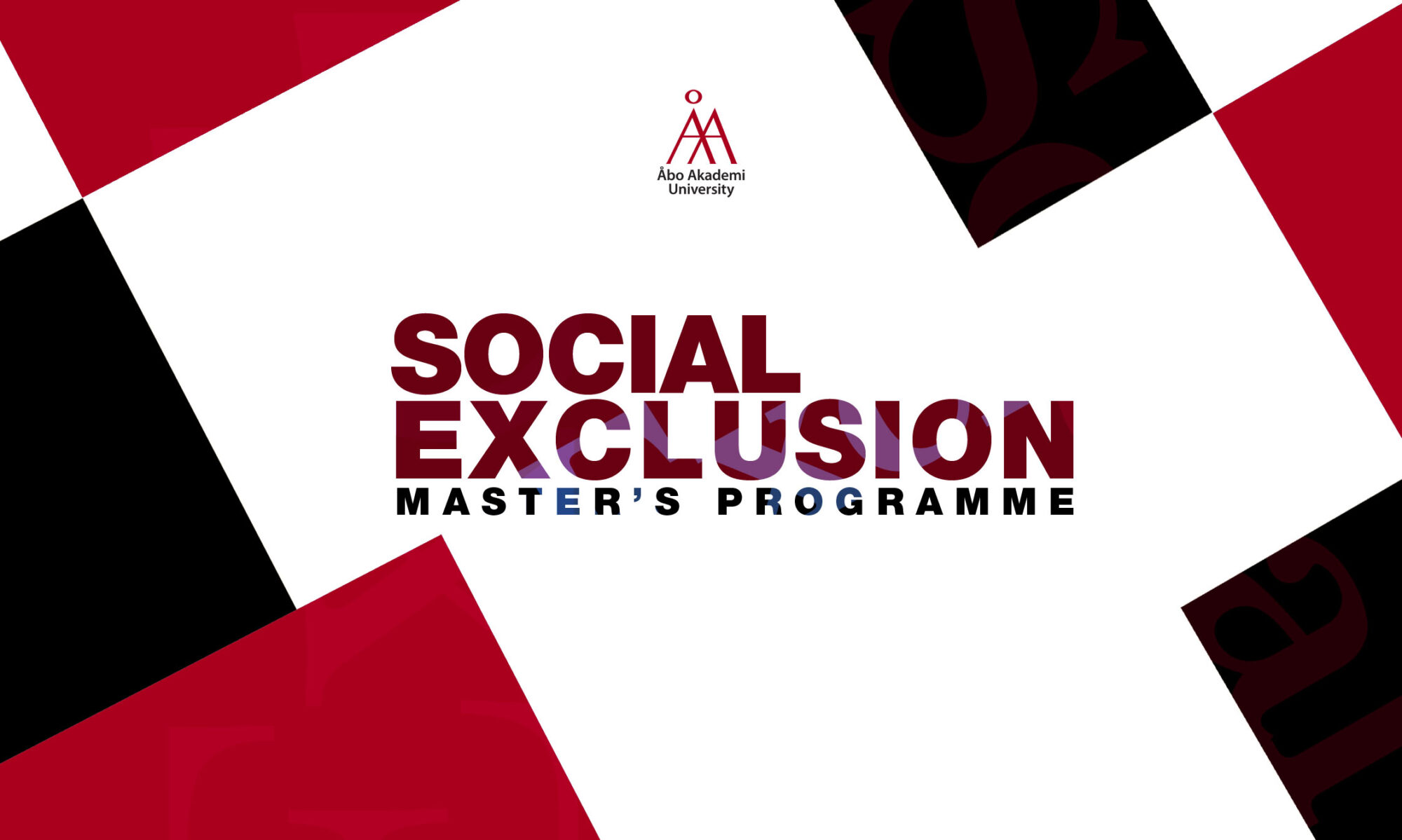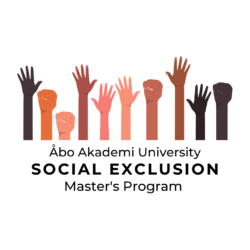Starting a new chapter in one’s life is never an easy thing to do, and beginning a new Master’s degree is definitely not the easiest thing to start. It’s definitely made more intimidating when moving to a new continent, country, city, or even university. Some of you reading this may have already completed a master’s degree, and many be slightly more comfortable beginning your studies with SoEx. Nevertheless, as you enter into your studies in Social Exclusion, this marks a new chapter in your life and there may be aspects to it that are unfamiliar or certainly a bit nerve wrecking. Having initially gone through the process of moving between three continents and starting a new life in Finland to complete the SoEx degree, I can claim with certainty that I understand the intimidation of embarking on this new ‘journey’. So I thought I would share a few of my thoughts about how to begin your studies, and hopefully by the end of this post things will be slightly less intimidating and your excitement is the only thing you’re focused on!
A brief context to myself before I get into my arrival in Finland: I was born and raised in Zambia, in South-Central Africa and moved to Canada when I was 18 to do my Bachelor’s degree. After five years in Canada, studying, working and building a life, I made the huge decision to move to Finland and I’ve never looked back. This was three years ago when the Social Exclusion programme was in its first year; so I have the rather unique opportunity to speak to you as one of the first ever graduates of SoEx. I have been fortunate enough in my time since graduating to continue working at Åbo Akademi as a Project Assistant to the SoEx Master’s Degree Programme. So, what was it like in the beginning?
To say that I was not nervous would be a lie, and certainly all of the friends I made along the way (the closest of whom came from the programme) would say the same. Moving to Finland is no small step if you’ve never lived in Europe before, or even if you have I’m sure you’d be able to say it is a wholly different experience. Acclimation to the Finnish reality can sometimes take a bit of time but from my experience, it becomes quite enjoyable and familiar once you’ve found your footing and settled in. Aside from mundane difficulties such as grocery shopping at lidl (which I admit to never having heard of before moving here), or figuring out the best cafes and bars in the city; the study side of the transition was rather smooth. I was fortunate to have two amazing student tutors in my first year, both of whom I consider close personal friends still three years hence. The student tutors are your first exposure to your new academic life, and they will spend the first few weeks with you helping you settle into the university. Together with the Orientation week designed by the university, your first week at Åbo Akademi will definitely help you feel settled in no time! During this first week, you will be shown the city that you will call home for the next two years, in addition to being shown the student cafeterias (where you will definitely spend a lot of your meal times!). You will also receive all the necessary information such as how to get your student card, library card, login information, etc. Really everything you need to know over the two years, you will learn it all in the first week! Additionally, there are social events designed by your tutors and the university where you will be able to interact and meet people from different subjects, faculties and universities. So it really is a beneficial week to get settled. It is during this time that you will also meet your teachers and some of the personnel involved in the programme, and you’ll be able to ask them any questions you may have. The benefit to studying at Åbo Akademi is that everyone involved in the programme are very approachable so don’t hesitate to ask for help if you need it!
Following orientation week I can say that you will definitely have started to feel a bit settled as you’ll be more familiar with your new location, the studies, and you’ll have already met a few people who could potentially be your closest friends in a few years. Based on my experience, and indeed the experiences of many people that have come to study at Åbo Akademi with whom I have spoken, the intimidation of the new beginning washes away rather quickly once you have actually arrived in Turku and are able to experience the programme in only the first weeks. Hopefully this post has put some of your lingering anxieties at ease and made you feel all the more excited about your choice to join the Social Exclusion Master’s programme. We look forward to seeing you!

